Health Benefits of Coriander
As coriander is a spice, it has various culinary uses. Besides its exotic flavour, it is used to promote overall health to lower cholesterol, blood sugar and blood pressure, protects from food poisoning as well as digestive problems. It is helpful for treating swellings, diarrhoea, mouth ulcers, digestion, anaemia, smallpox, menstrual problems, digestion, skin disorders, conjunctivitis, eye care and blood sugar disorders.
1. Skin health
The research shows that coriander seeds effectively cure skin problems such as itchy skin, eczema, inflammation and rashes as it possesses antiseptic properties. It is also used to cure mouth sores and ulcers. Seeds possess linoleic acid which possess pain relieving properties that helps to lower irritation.
2. Diabetes treatment
Diabetes has become a common health problem. Some practices have claimed that daily use of coriander seeds helps to normalize blood sugar. The studies have shown that extracts from coriander seeds contains certain compounds which when discharged into blood caused anti-hyperglycaemic, insulin discharging which held the glucose level within proper limits. Coriander is a natural aid to cure diabetes and lower blood sugar. So add coriander to the diet. Animal studies have shown that it assist stimulation of insulin and reduce blood sugar. It improves carbohydrate metabolism and promote hypoglycemic activities. It enhances secretion of insulin from pancreas and exhibits insulin like activities at cellular level.
3. Supports digestion.
Coriander acts like antispasmodic drug which helps to relax contracted digestive muscles which cause discomfort of IBS and other problematic gut problems. The study evaluated the coriander preparation lowered severity and frequency of abdominal pain as well as discomfort. Coriander seeds contain antioxidant properties as well as dietary fiber which support healthy function of liver and also facilitate bowel movements. It assists in generation of digestive compounds and facilitates digestion. Add coriander seeds to the diet by those who experience indigestion.
4. Normalize cholesterol level
Study shows that addition of coriander to the diet lowers bad cholesterol levels. The animal study shows that significant reduction in bad cholesterol or LDL and increase in cholesterol level was shown with coriander seeds. This spice might be helpful for those who are seeking to lower overall cholesterol and balance LDL and HDL cholesterol. Coriander seeds contain coriandrin which is a compound that controls lipid digestion process by lowering cholesterol levels.
5. Prevent urinary tract infections
Coriander seeds help to provide relief from symptoms of urinary tract infection. Soak dried coriander seeds (1.5 teaspoons) in two cups of water overnight. Strain it and drink or it could be added to morning smoothies. It provides relief from discomfort and pain related with Urinary tract infections and also speeds up the healing process.
6. Menstrual health
Coriander seeds support menstrual health by regulating proper endocrine gland function and hormones that regulates menstrual cycles. Moreover, coriander lowers cramps, bloating and pain during menstrual cycle. Those women who suffer from heavy menstrual flow should add coriander seeds to the diet. It contains natural stimulants that help to stimulate endocrine glands for secretion and maintains hormonal balance which ensures that related pain is lowered and also alleviates excess flow. It also prevents menstrual irregularities.
7. Prevent neurodegenerative disease
Parkinson’s, Alzheimer’s, brain tumors, multiple sclerosis and meningitis are related with chronic inflammation. The study shows that diet rich in pepper, turmeric, ginger, clove, cinnamon, garlic and coriander helps to prevent neurodegenerative diseases. Research found that diets rich in these nutrients lowered the chances of neurological degeneration.
8. Treatment for flu and cold
Vitamin C is an antioxidant which is essential for beautiful skin and sound body. Coriander seeds contain vital vitamins such as beta carotene, vitamin A, folic acid and vitamin C. Coriander seeds contains about 30% of vitamin C which helps to cure flue and cold.
Traditional uses
- Chew the raw seeds for stimulating flow of gastric juices and aids foul breath.
- Apply the poultice made from seeds for treating rheumatic pains.
- An essential oil is used for aromatherapy.
- Boil the coriander seeds with water and use this water to lower and treat mouth ulcers.
- Use the boiled coriander water for curing skin rashes and itchy skin.
- It supports healthy digestion.
- Add coriander seeds to the diet in case of flatulence and bloating.
- Use the decoction made from coriander seeds to wash eyes for treating conjunctivitis.
- Chew the seeds for preventing halitosis.
- Drink coriander water or tea for calming swollen throat or mouth.
- Use it in ointments for providing relief from arthritis and rheumatism.
Precautions
- It might cause allergic reaction such as swollen or itchy lips or tongue, hives, stomach pain, coughing, cramps, vomiting and diarrhea.
- Its severe allergic reaction causes anaphylaxis.
- Use it in small doses.
- It might increase sensitivity to sun.
- The person who is allergic to caraway, aniseed, mugwort, fennel and similar plants might be allergic to coriander as well.
- The diabetic patients should monitor blood sugar levels when taking this spice.
- The people who are taking blood pressure medications to reduce it should be careful because it lowers the level of blood pressure.
How to Eat
- Seeds are used as a spice or added as ingredient in foods.
- Essential oil extracted from seeds is used for flavoring foods.
- It is used as a vital ingredient in Indian curries.
- Fruits are used for salads and soups.
- Use the coriander seeds in stews, confectionery, sweetbreads, sausages and cakes.
- Coriander seeds are used in Russian dark rye bread.
- In India, coriander seeds are grounded in form of powder which is used for chutneys, pickling, stews, marinades, curries and sausages.
- Roasted seeds of coriander are consumed as snack.
- Coriander seeds are used widely for pickling vegetables.
- In Central Europe and Russia, Coriander seeds are used as infrequent ingredient in rye bread as a substitute for caraway.
- Coriander seeds are used to brew beer.

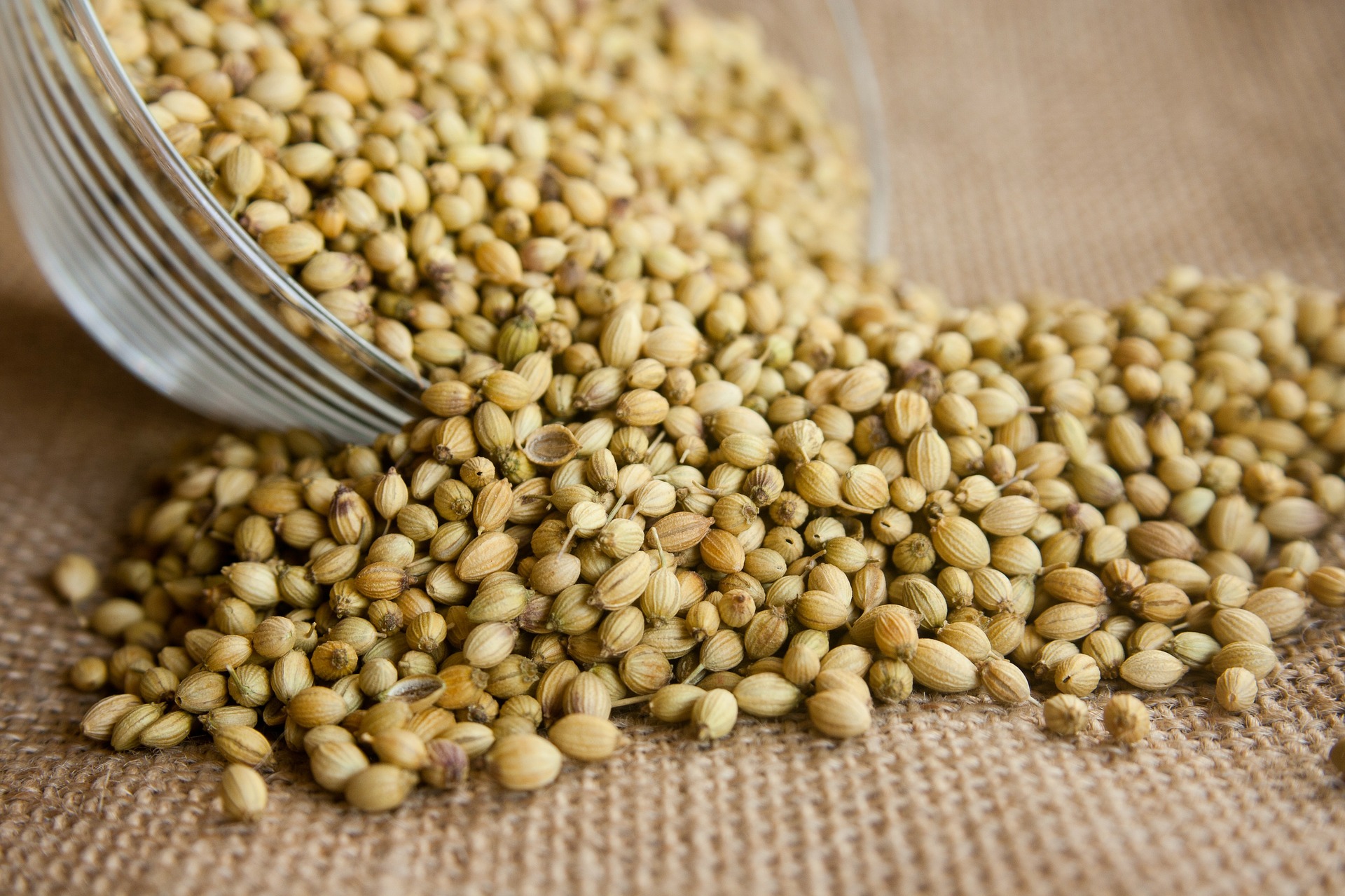
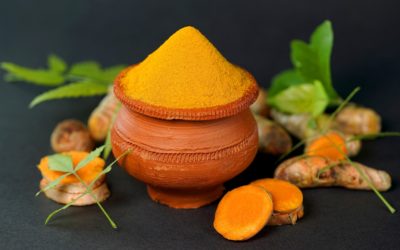
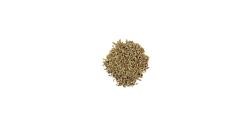
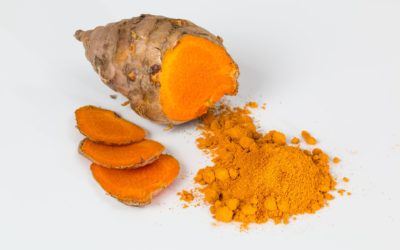

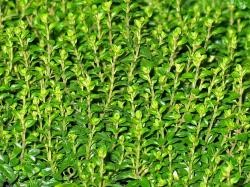
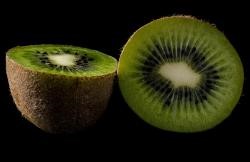
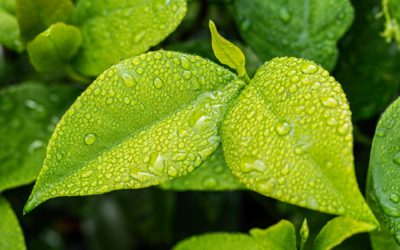
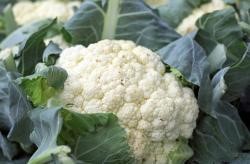


Leave a Reply